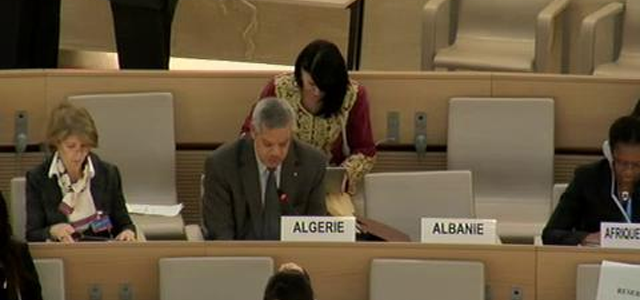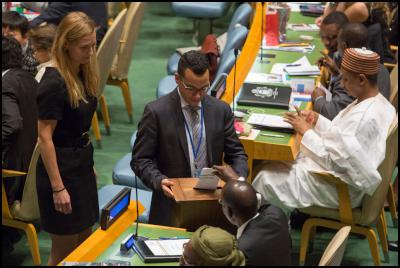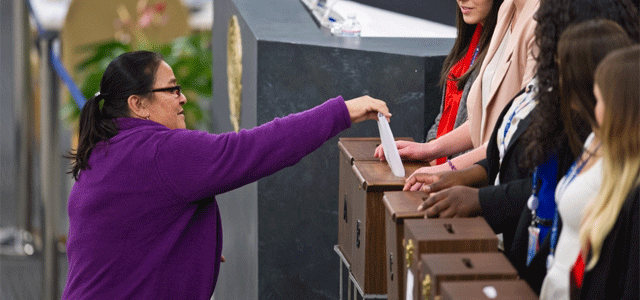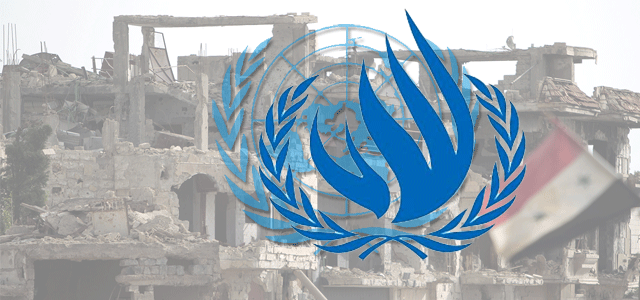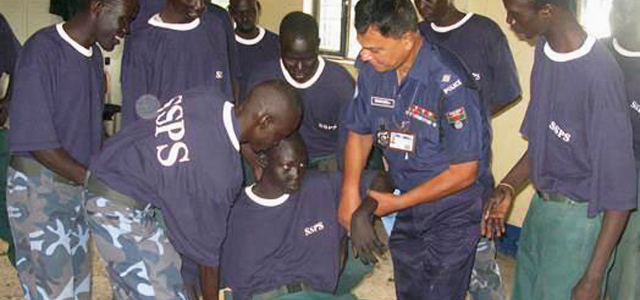Recently, a new entrant tossed its hat into the ring for this fall’s UN Human Rights Council elections. Algeria is seeking a seat on the Council, competing for a spot in the African slate. So, what exactly does the country bring to the table in the HRC race?
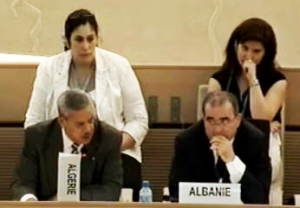
Algeria has previously served as a member of the Council, elected in 2007. In addition, according to its candidate document submitted to the United Nations, Algeria “actively participated in the establishment of the institutional architecture of the Human Rights Council, both as a founding member and as coordinator of the Group of African States.”
Algeria’s application to the HRC lays out in detail the country’s declared efforts to improve its standing in the areas of human rights, women’s rights, and freedom of expression. It also makes reference to attempts to move beyond its history of political turmoil and bring its experience in doing so to the table as an HRC member, stating: “Algeria continues its efforts to consolidate peace, which was restored after a decade of terrorist violence that fuelled the national tragedy.” The full document can be viewed here.
With five African countries competing for four available slots, the race will see some real competition. In addition to Algeria, Morocco, Namibia, South Africa, and South Sudan are running for the HRC this year. As a result, at least one of these states will lose the game of musical chairs and find itself excluded from membership in the Council, barring a country dropping out before the election.
Algeria’s candidacy is not without controversy . UN Watch, a Geneva-based NGO which monitors UN performance, has lumped Algeria in with other problematic HRC aspirants such as China, Russia, Cuba, and Vietnam, pointing to the country’s own still-imperfect human rights record. According to a statement by the organization’s executive director Hillel Neuer, “Candidates like Algeria, China, Cuba, Russia and Saudi Arabia have one thing in common: they systematically violate the human rights of their own citizens.”
In its most recent Universal Periodic Review (UPR) by the HRC in 2012, Algeria received recommendations from the Council which included the need to release prisoners detained solely for exercising freedom of expression, to remove barriers to free assembly and expression, and to ratify several international treaties including the Rome Statute to the International Criminal Court. Algeria is not yet a party to the ICC.
Still, there’s an argument to be made that the Human Rights Council is an imperfect body reflecting an imperfect world. Though not without flaws and baggage, Algeria certainly is not the most egregiously flawed candidate for the HRC–Russia, China and Saudi Arabia are also in the running. It will be interesting to see how the country’s candidacy plays out over the next few months in comparison.

